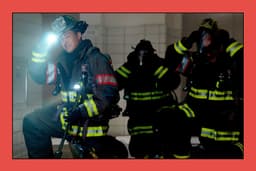Home / Business and Economy / Slack Co-founder: Beware "Fake" Work
Slack Co-founder: Beware "Fake" Work
26 Nov
Summary
- Remote work fuels "fake" work like coffee badging.
- Hyper-realistic activities mimic real tasks but lack value.
- Early startup tasks create infinite generative value.

Slack's co-founder, Stewart Butterfield, has identified a phenomenon he calls "fake" work, or hyper-realistic worklike activities. These tasks appear to be productive but ultimately contribute little to a company's success. Butterfield observed this trend during his extensive experience scaling tech companies like Flickr and Slack.
He differentiates this "fake" work from "known valuable work," which drives innovation and growth. While early-stage startups are characterized by essential, high-value tasks necessary for their foundation, the issue arises as companies mature and hire more staff.
As organizations grow, the nature of work shifts. What begins as a clear set of essential tasks can evolve into a situation where employees engage in activities that look like work but lack genuine impact, especially when remote work offers new opportunities for such behaviors.




